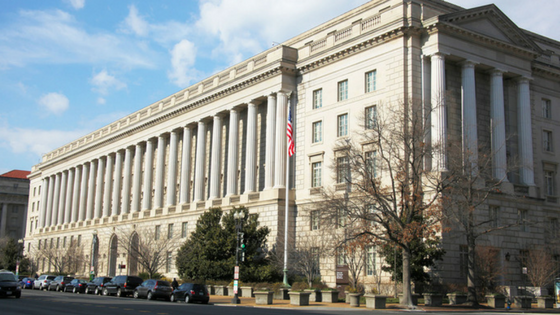Companies in the accounts receivable management industry may have someone else to compete with for consumers’ money and attention — the Internal Revenue Service is getting ready to resume normal activities, including collecting on unpaid taxes.
The announcement was made in a blog post by the Taxpayer Advocate — which advocates for the fair treatment of taxpayers — that focused on reminding everyone that income tax returns are due by Tuesday, April 18. If returns aren’t filed, then requests for extension should be submitted to the IRS by then.
The IRS suspended many of its collection activities at the outset of the COVID-19 pandemic, but as the agency returns to normal activities, it is also resuming its collection efforts.
In the blog post, the Taxpayer Advocate lays out the process for collecting on unpaid tax debts, and strongly recommends that consumers do not ignore notices that are sent by the IRS. Prior to receiving a collection notice, the IRS will first send a balance due notice, called a CP-14 document. Those will start going out in May, according to the post. “The absolute worst thing taxpayers can do would be to ignore these balance due notices or any other IRS letters and notices,” the Taxpayer Advocate warned. “If taxpayers receive a balance due notice and cannot immediately pay the full amount, there are several collection alternatives they can take advantage of,” such as setting up payment plans, settling the debt for less than the full amount owed, and temporarily delaying collection if the balance is not currently collectible.









